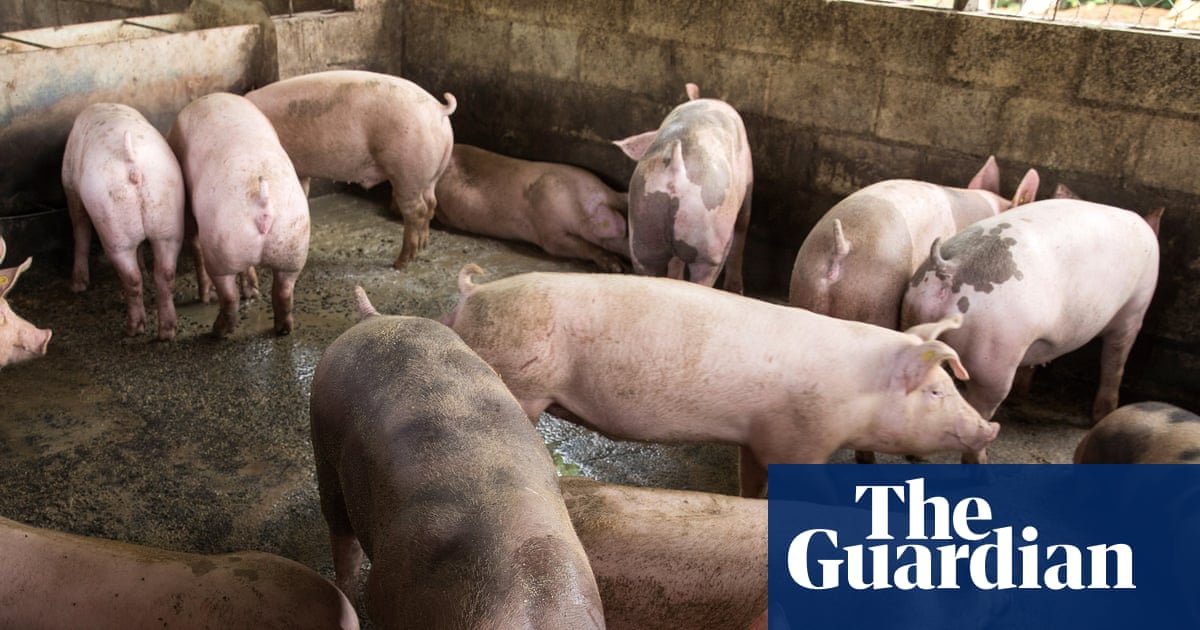Physical Address
304 North Cardinal St.
Dorchester Center, MA 02124
Physical Address
304 North Cardinal St.
Dorchester Center, MA 02124

Pigs that fight deadly diseases have been developed by scientists at Edinburgh's Roslin Institute.
The processed animals were previously healthy when identified with porcine barrier (CSF), a highly contagious and often fatal disease. The virus was eradicated from the UK in 1966, but there have been several outbreaks since and it continues to threaten pig production worldwide.
“Swine fever is a serious disease for livestock and farmers as we have seen and spread in the UK, 25 years ago,” said Herooke Viclogy Deputy (APHA), where the cases of pigs were carried out. “We hope that this fall will help fight the livestock sector.”
Swine fever, also known as Hog fever or swine plague, causes fever, skin pain, diarrhea, and usually death within 15 days.
In the UK, a temporary spread since the 1960s, has resulted in 75,000 pigs. And in countries like China, Russia and Brazil, where the disease is endemic, CSF is administered in expensive and conservative vaccination programs with international restrictions.
Dr Christine Tait, Burkard of the group at the Roslin Institute, said: “The virus is a serious threat to meat and produce.”
The most recent research, the first to demonstrate resistance through a gene, is directed at the genes that produce a protein called DNAJC14. This protein has been shown to play an important role in replicating pestivilis (a family that includes CSF) when it enters the cell. Previous studies in the cells found that they changed only a few letters of the DNA code for the intestinal barrier.
In the most recent study, scientists at the Roslin Institute created a line of pigs that matched their DNA. Four piglets were identified by CSF, together with four control pigs, at the Apha reserve.
After a week, the control animals were showing signs of the disease and had the virus in their blood. In contrast, the gene-edited pigs were completely healthy and showed no signs of disease. Several generations of transgenic pigs were monitored and there were no problems with health or fertility.
The same is involved in the evolution of pestiviriss which infects cattle and sheep – less sick, but which continues to spread in the UK.
The lack of progress comes in many of the rest of the country's agricultural exchange regimes, and the UK Doing things right laying the groundwork for modified crops. Countries including the US, Japan and Brazil have already approved genetically modified animals. Based on the work has gone to Roslin, a genus, a company, a stable company, which produced pigs that cause reproduction and respiration to be sold in the US and is expected to go to the same market in 2026.
Dr Simon Lillico, a scientist at the Roslin Institute and co-author, said: “In my mind there is a real possibility that if we can make animals.”
Dr Emily Clark, of Europenform Bionicforth Institute, who did not participate in the research, said: “Thirty years the population increase.”
These findings are published in journals Major Biotechnology Events.